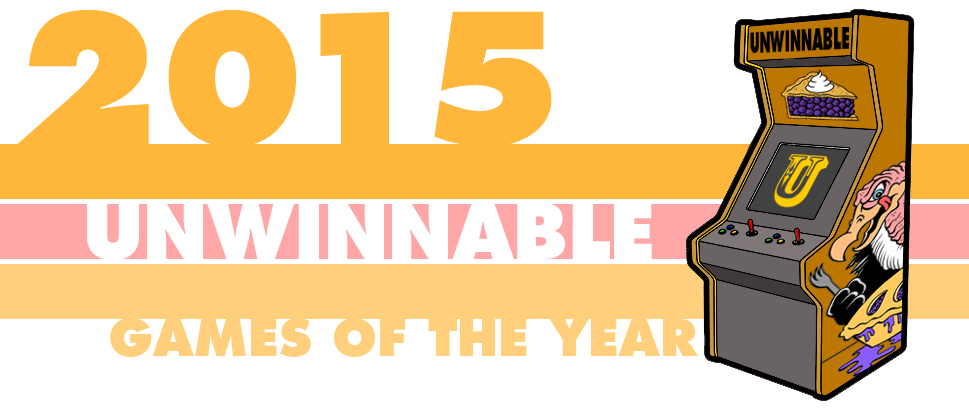
The Plurality of Meaning in The Beginner’s Guide
There’s a scene from The Beginner’s Guide that I think encapsulates this game. Davey Wreden, both its developer and an in-game character, walks me through a space-themed level that his friend, Coda, has created. So Wreden commented that the level felt woefully incomplete, pointing out that I was armed with a gun in a space station, while wailing sirens and emergency announcements warn of an impending alien invasion. Yet, no hostile space aliens appeared. And when I peered out of a glass panel, a flat, grey rectangle was seen at the bottom of the universe, as if Coda had haphazardly abandoned the game mid-development.
But according to him, the most damning evidence of this was the final room I was led to. A blue laser beam—a single pillar of pure, destructive energy—was contained between two ends of a device. As a disembodied voice beseeched me to rescue everybody from a “whisper machine” by giving away my life, my next move was immediately apparent: walk into the photon-fuelled beam, sacrifice myself for the betterment of everyone else, and die a messiah as dictated by the game’s ridiculously flimsy plot. The end.

Or is it? Wreden explained that my death was supposed to happen, but didn’t. Instead, a glitch in the original game made me float out of the room, higher and higher, till I had levitated to impossible heights. It feels reminiscent of those found in the bug-ridden games from Bethesda, where creatures and characters may spiral out of the universe randomly. However, Wreden still attempt to rationalize this glitch, such as how it symbolizes the insignificance of an individual’s actions. Something like that, at least.
What about Coda though? What does he feel? What if the ending wasn’t a glitch, or was a intentional feature of the game? I may never know, since Wreden—as the developer of The Beginner’s Guide—is fond of keeping his games ambiguous.
The Beginner’s Guide is drenched in a multitude of meanings. Some felt that it’s a criticism of the role of game critics, an insidious bunch who wanted to shove their interpretation of videogames down their audience’s throats. A few have thought that this is a game with a feminist slant. Others thought it could be a commentary on the sometimes-toxic relationship between game developers and their fans—for instance, the No Man’s Sky debacle. But unless Wreden openly discusses what The Beginner’s Guide is, these interpretations are all correct and wrong at the same time, its intended meaning unknowable like the state of Schrödinger’s cat. Nonetheless, multiple interpretations of the game will likely continue to emerge, precisely because art is such an emotive and powerful medium: it means different things to different people.

Wreden (the in-game character, not the developer) does this as well. In his pursuit to find meaning of Coda’s games—which he was inexplicably drawn to—he assumed that the dark, sinister slant of Coda’s later games means that his dear friend was depressed. And in a misguided move to help Coda snap out of his slump, he decided to share and desecrate his games, tweaking codes and planting lampposts to mold them into something Wreden thought made sense. The validation he received from others in return was intoxicating, and Wreden found that he could not stop, even though he knew he was committing a grave mistake. That spiraled into an endless loop of self-loathing and hatred he cannot pull himself out of.
The line between the character Wreden plays in The Beginner’s Guide and himself is intentionally blurred, but it’s probably not a stretch to say that this character is drawn heavily on Wreden’s own experiences and insecurities. In a blog about the buzz surrounding his previous game, The Stanley Parable, he wrote, “If you were insecure about other peoples’ opinions of you and addicted to praise in order to feel good about yourself, the dirty truth is that there is no amount of praise you can receive that will make that insecurity goes away. What fire dies when you feed it?”
How we interpret art, medium and games are colored by our past experiences, and is a reflection of our identity and values. To me, The Beginner’s Guide represents the exhaustion of creative burnout, the unquenchable thirst for validation, and the ceaseless hunt to ease the venomous feeling of self-loathing. It’s a challenging game to complete, not because it was unplayable or difficult, but because it cuts painfully close to my psyche. This interpretation may not be accurate, but it’s exactly what I saw in myself.





